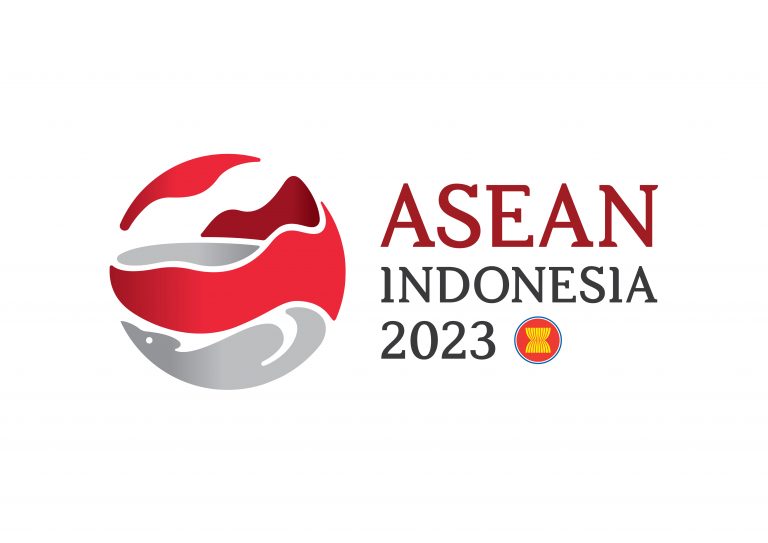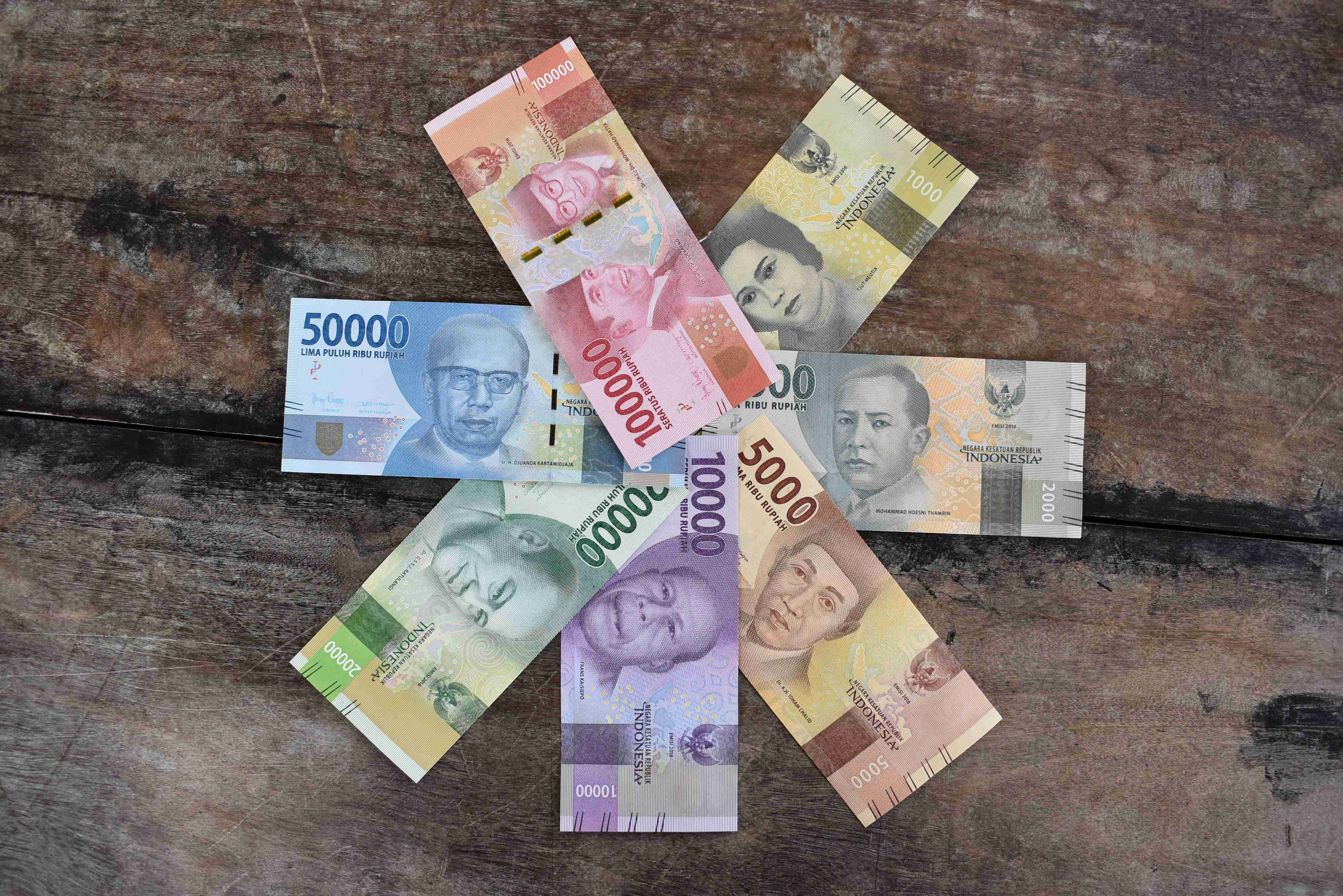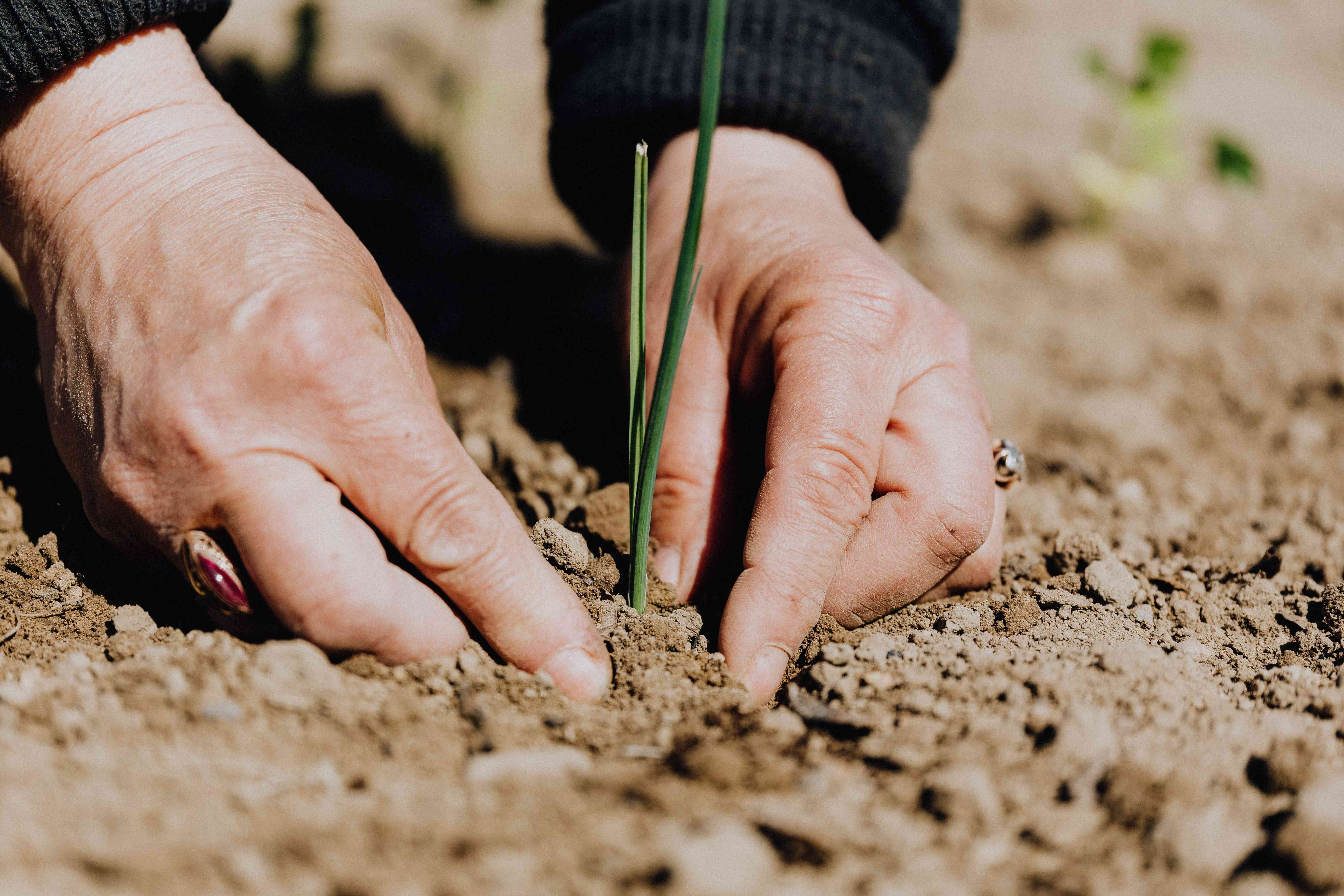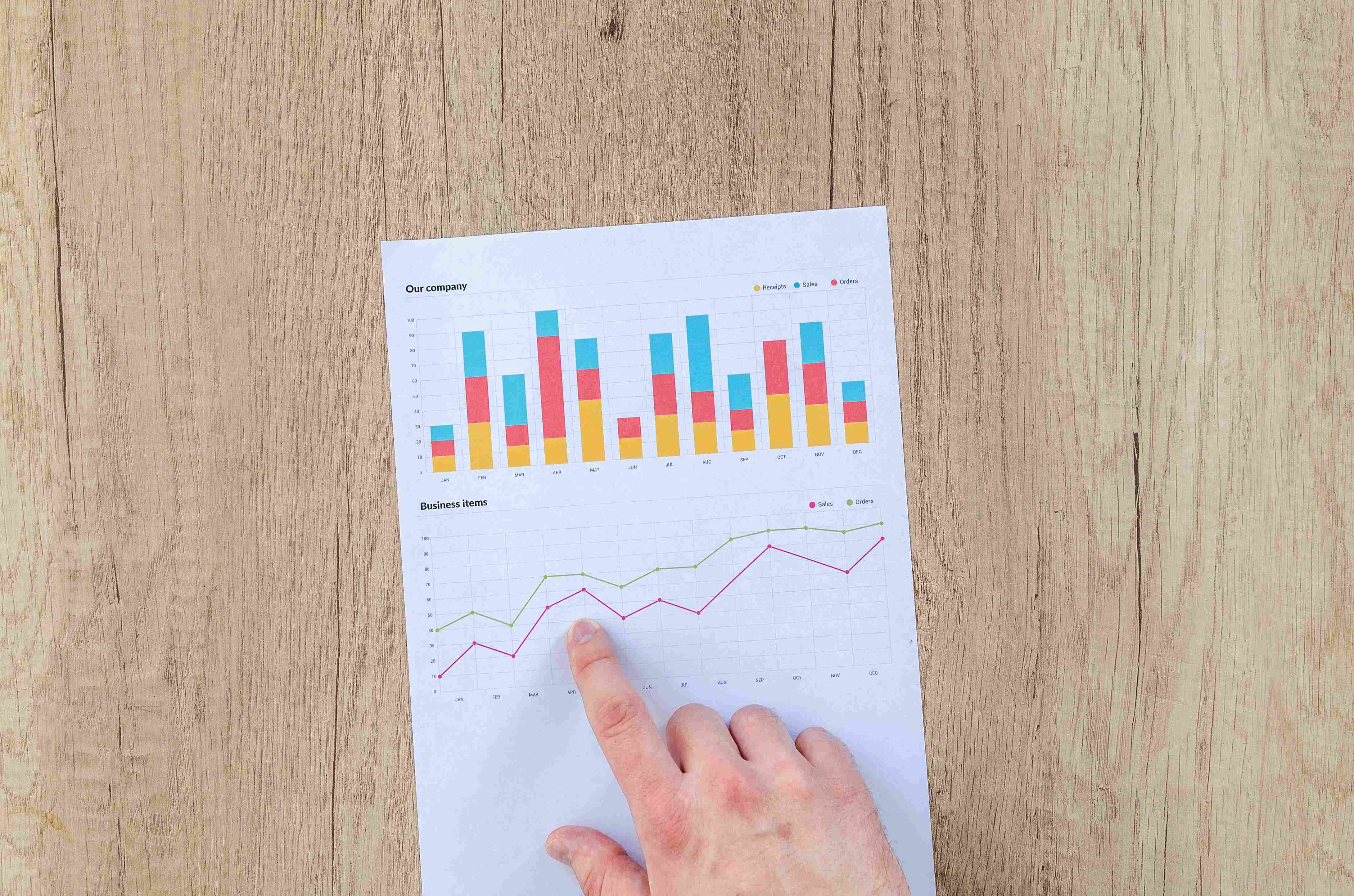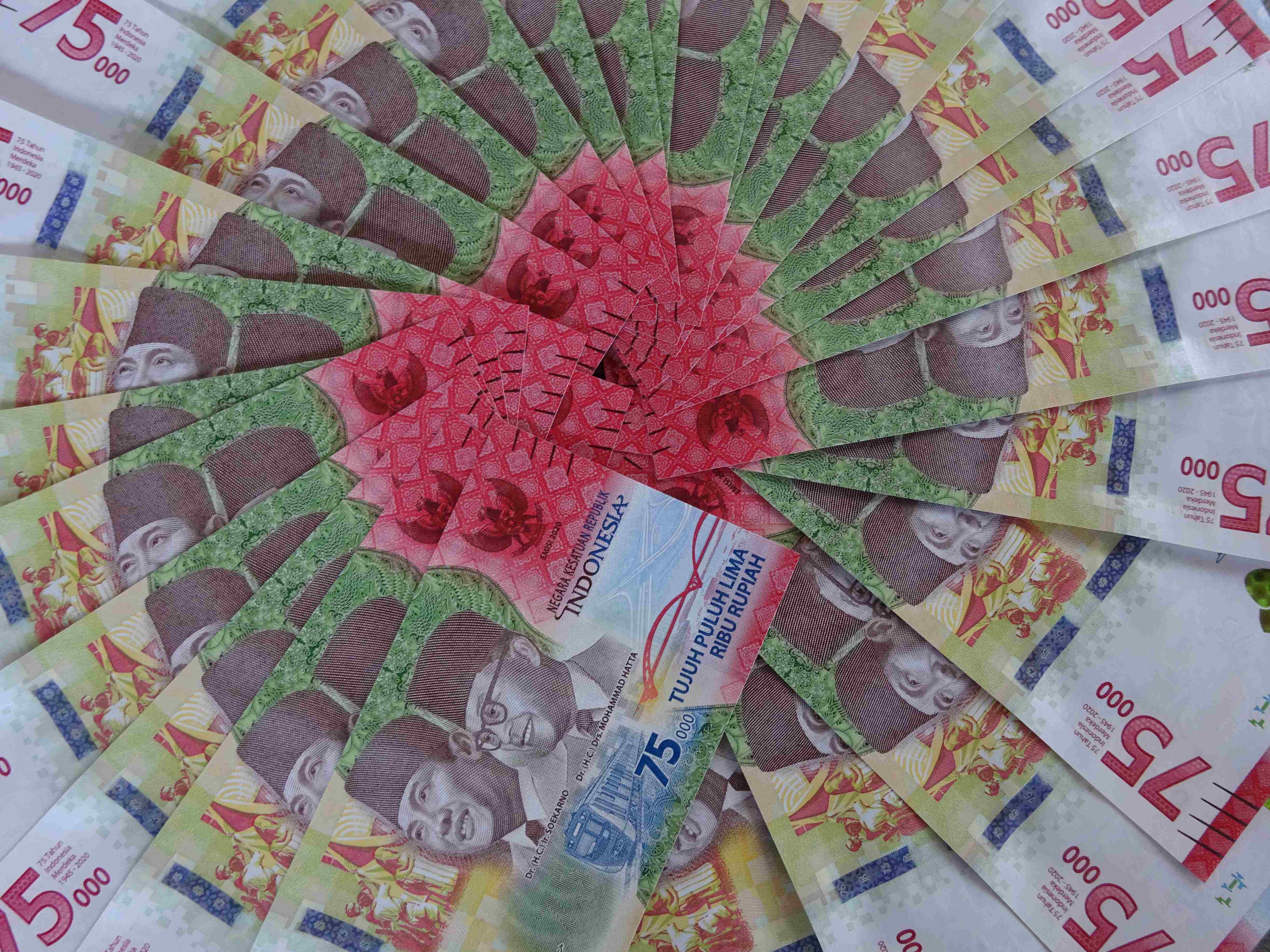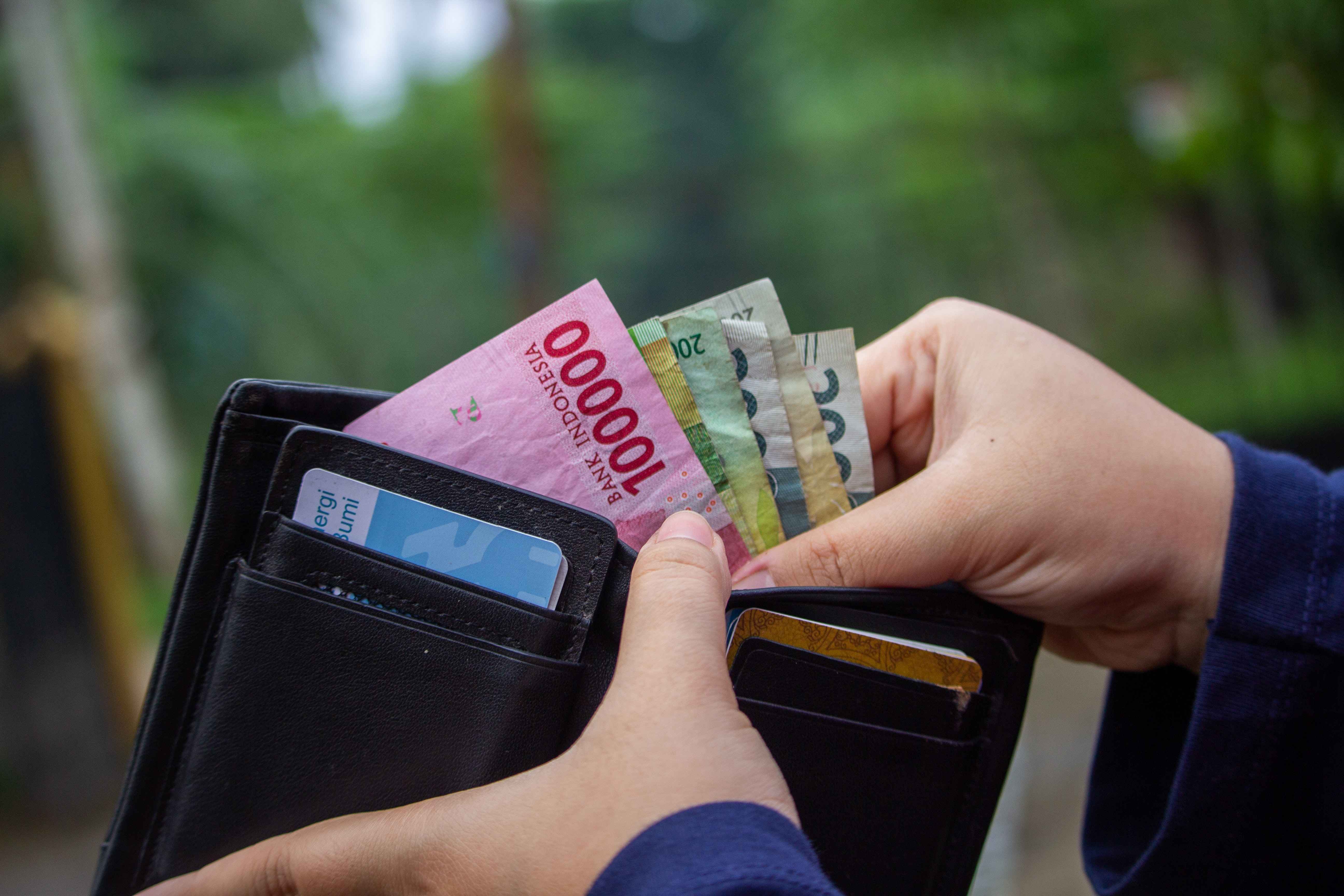Thailand's business sentiment improved in February as rising tourist arrivals boosted confidence in the country's economic recovery, data showed on Wednesday.
The country's business sentiment index (BSI) climbed to 50.6 in February from January's reading of 49.8, rising above the 50-threshold for the first time in eight months, driven by stronger confidence in performance, total order books and employment, according to the Bank of Thailand (BOT), the central bank.
The improved sentiment came as increasing foreign tourist arrivals boosted confidence of respondents in almost all sectors of the non-manufacturing business, the BOT said in a statement.
The three-month expected BSI remained stable at 56.2, and the overall and most sub-sectors indices remained above the 50-threshold, reflecting improved confidence in most businesses going forward in the next three month, the written statement said.
The reading was based on a survey of 522 respondents from large and medium-sized firms, the central bank said.
Source : Xinhua

